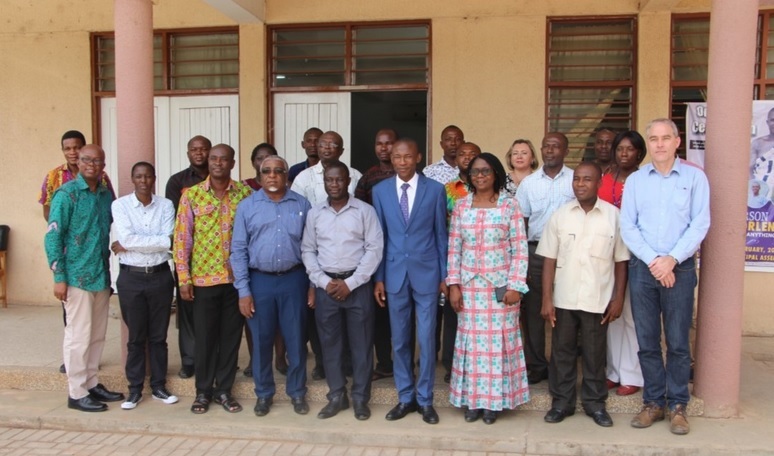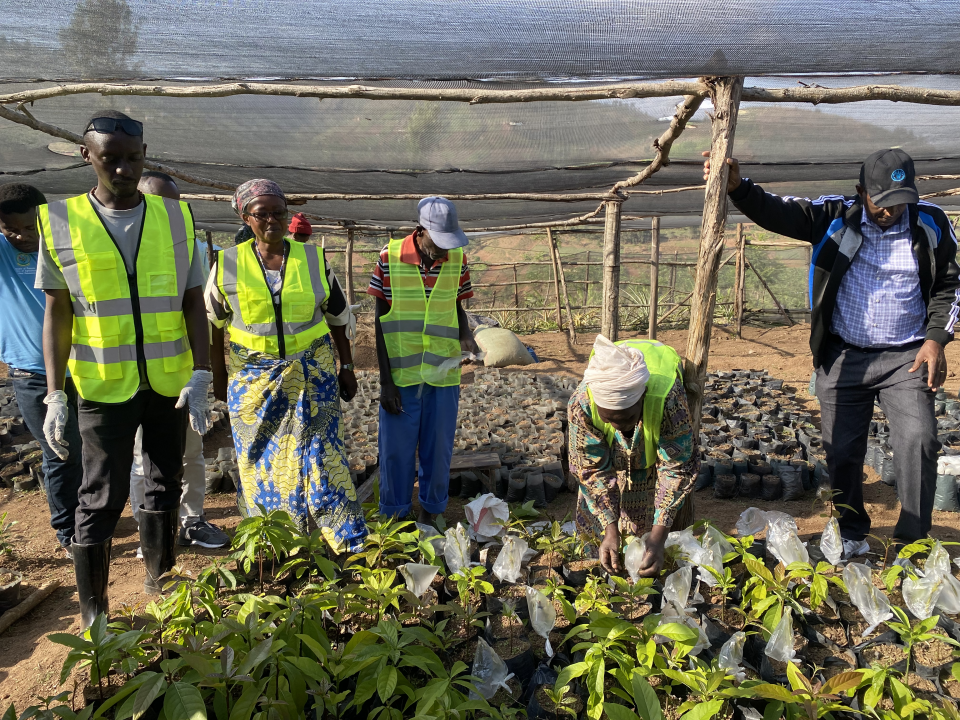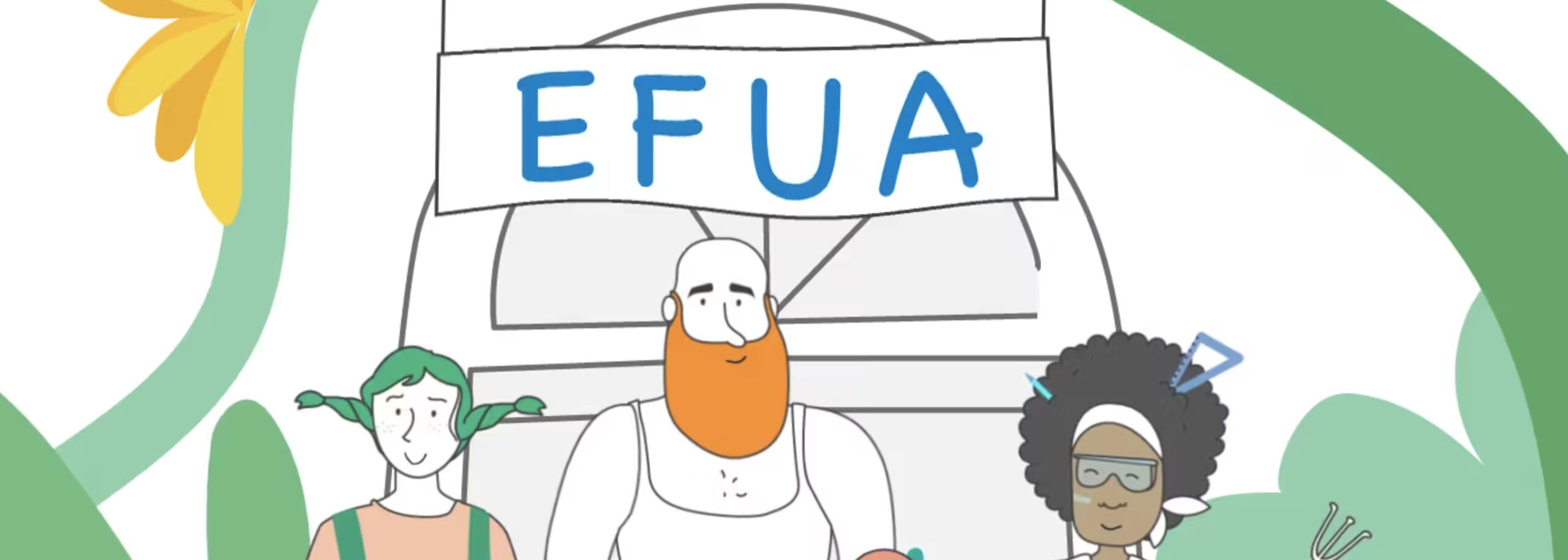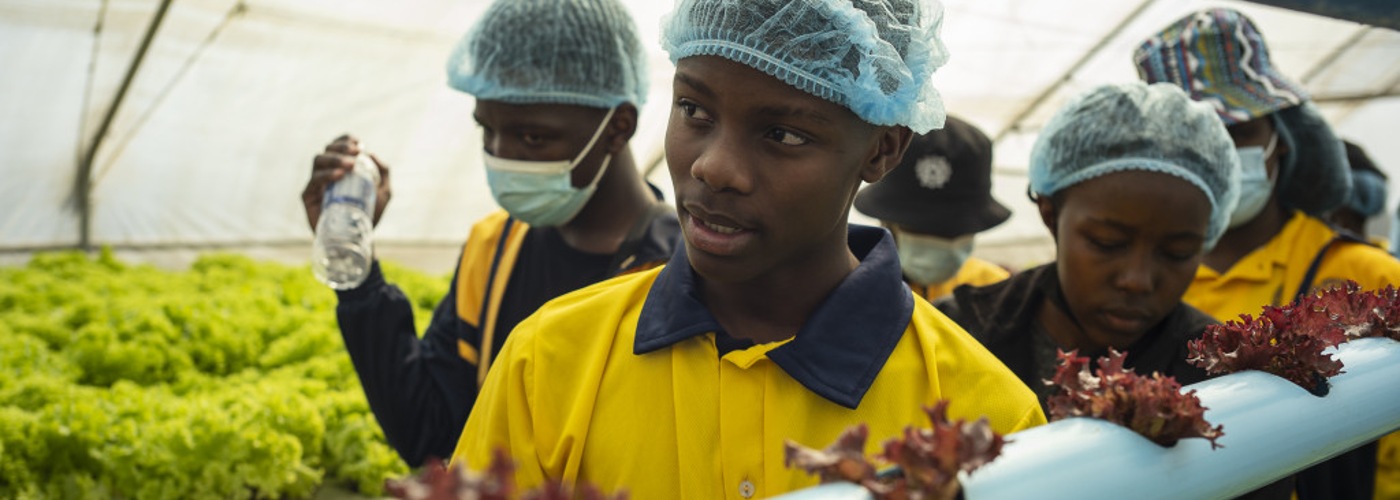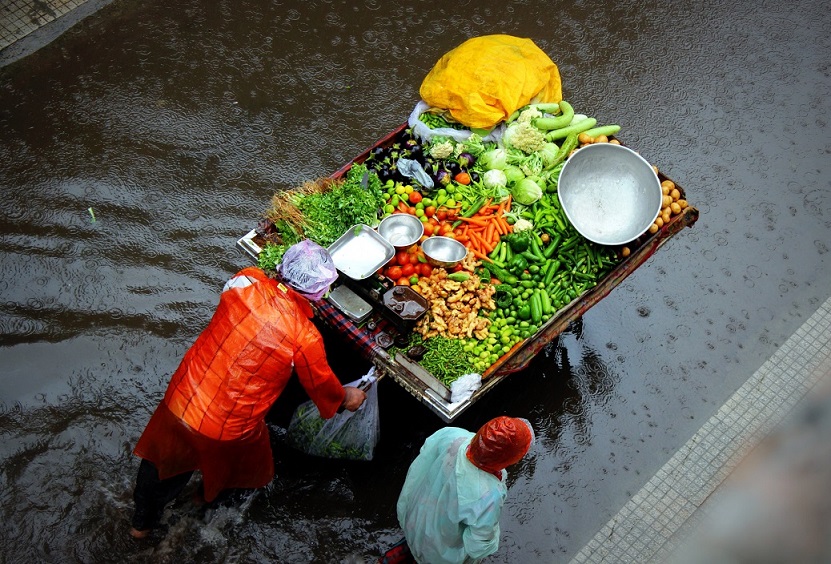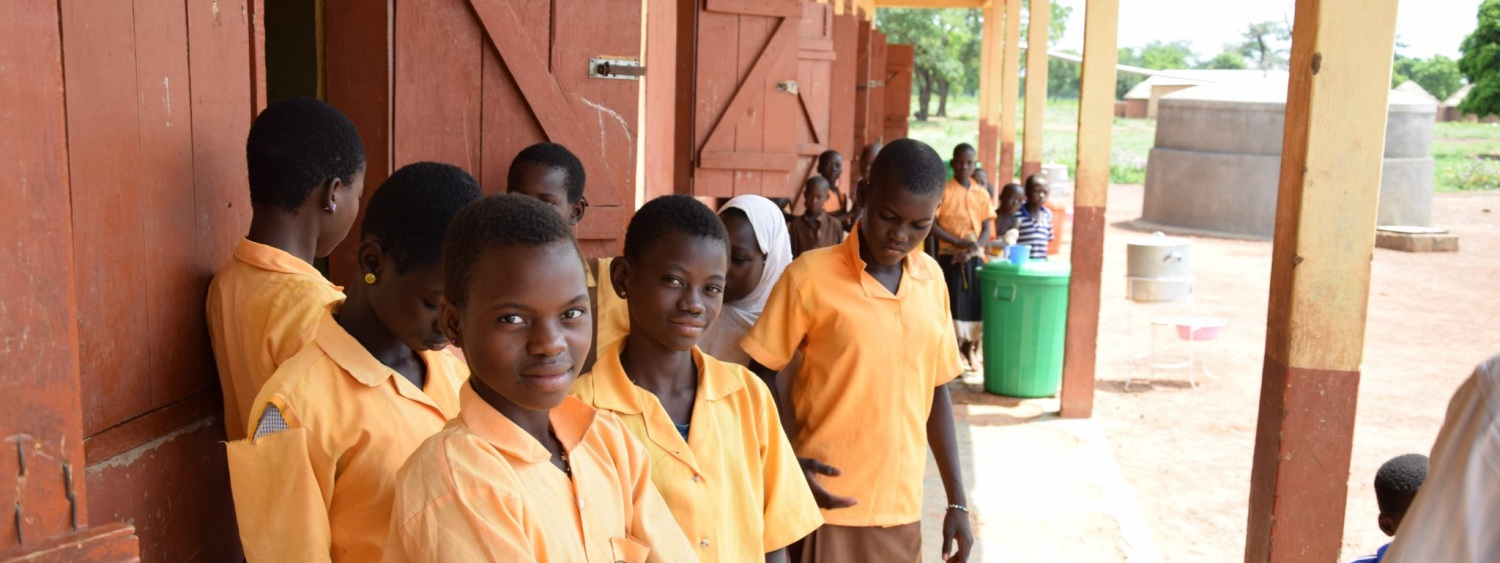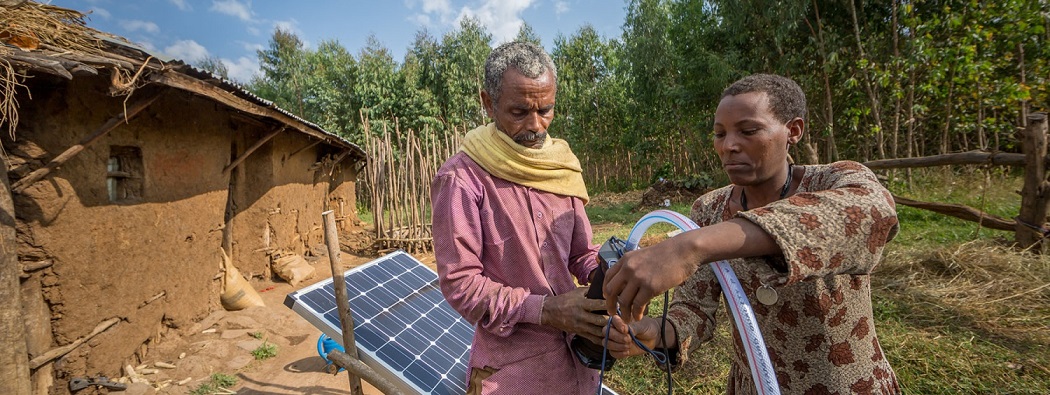This project has ended
Aim of the programme
RUAF participates in the International Water Management Institute (IWMI) managed project CAPVAL Creating and Capturing Value: Supporting enterprises for urban liquid and solid wastes recycling for food, energy and clean environment. CAPVAL is funded through the Dutch Embassy under the Ghana WASH Window that supports public private projects in the field of Water, Sanitation and Hygiene (WASH) and integrated water management in Ghana.
CAPVAL is working towards the establishment of three businesses on resource recovery and reuse solutions that have a high potential to incentivise local sanitation planning and management in Ghana, reduce waste transport costs, support the lifetime of landfills, and reduce environmental impacts:
- two businesses in Somanya/Yilo Krobo Municipality: a (co-)composting facility and a briquette plant; and
- a wastewater-fed aquaculture business based in Kumasi.
Why is this programme important?
The core of the project is to enhance safe use of municipal solid waste, excreta (faecal sludge) and wastewater in agriculture as revenue source for the waste or sanitation value chain.
Programme activities
CAPVAL supports the development of the two Public Private Partnerships (PPP) in Yilo Krobo and in Kumasi, with studies and training and support to construction and management. The PPPs are at various stages of development and receive support by the PPP partners and various other sources. RUAF supports the monitoring of social responsible business development, stakeholder involvement and systematisation of lessons into training material.
Location
Somanya in Yilo Krobo and Kumasi, both in Ghana.
Period
CAPVAL is a 5-year project and runs from 2017 to 2021.
Results
- The business plans have been developed and the public private partnerships established, resulting in African catfish produced and marketed in Kumasi and the plant to market fuel briquettes and co-compost almost established in Yilo Krobo, Ghana.
- Lessons learned on the business model and the PPP are developed into capacity building material for use by small and medium sized enterprises, municipalities and in the curricula of various universities.
These results have been partially supported by the CGIAR Research Program on Water, Land and Ecosystems.
Partners
The project partners are IWMI Ghana, Jekora Ventures and Yilo Krobo Municipal Assesmbly, TriMark Aquaculture Centre and Kumasi Metropolitan Assembly, supported by IWMI, TREND, World AgroForestry Centre and Hivos/RUAF.
Contact person
René van Veenhuizen, r.van.veenhuizen@ruaf.org
Websites and related content
IWMI’s wastewater aquaculture reuse project wins Sanitation Challenge for Ghana
Implementing RRR businesses and related feasibility studies (WaFo, CapVal, small GiZ)

